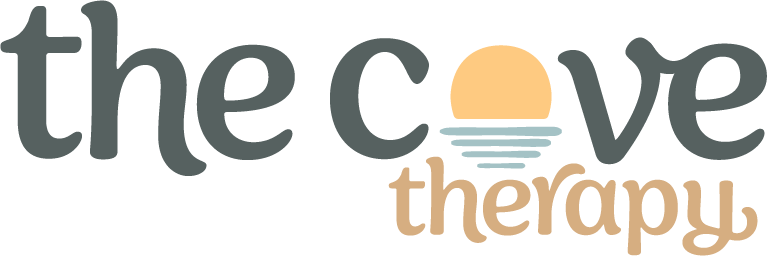Are you feeling stuck or unfulfilled in your job? Daydreaming about a new role? What we do for work has a significant effect on our well-being. Our work affects our sense of self, our
relationships, and our physical and emotional health. There are many things to grapple with
when considering a career change. It’s not always as easy as: “do what makes you happy” or, “find your passion and work won’t feel like work”. Often these sentiments induce eye-rolls from even the most understanding of people. However, if you are considering a change, it may be beneficial to ponder the points below.
By the way, if you’re wondering why this particular topic is of interest to me, it’s because I have modified or changed my career twice now! I graduated from law school (after finishing two other degrees: Sociology and Social Work) and started practising law in 2013, then moved into a non-practising role at a law firm for 7 years, and then undertook my masters in counselling psychology in order to become a psychotherapist. I deeply empathize with those who feel stuck, but also want to their career to align with their authentic self.
Things to consider:
- Your current work environment. Is your workplace a toxic environment? Has your
mental health been affected by those you work with? Perhaps the environment is not toxic per se, but you’re experiencing burnout. Persistent burnout and health issues can be a clear sign that your current career is taking a toll on your well-being. Recognizing these signs and prioritizing your health may prompt a reassessment of your professional path. - Your value system. How do your values align with your current workplace? Our
professional identity can be closely intertwined with our personal identity. Take some time to assess your values (e.g., stability, predictability, family, health, etc. — there are many free values assessments online that can help!) - Career goals and professional growth. Consistent dissatisfaction or a feeling of
stagnation may signal that your current career is no longer serving your personal and professional growth. Take time to evaluate whether your discontent is a temporary challenge or a recurring theme. - Push versus pull factors. We can be pushed by certain factors such as rent, bills, or
expectations of others or ourselves. However, an important factor in work satisfaction is what pulls us – is your work purpose-driven? Is that important to you? If so, it may be beneficial to tune into what feels purposeful for you. - Trusting your intuition. We can become disconnected from our body and its cues. What has prompted this interest in a change? Is your intuition telling you something that you can get curious about? Free-form journaling can be beneficial as we can let our intuition take over. Some prompts are: what physical sensations come up when you think about your current job? How would you feel if you made a change that aligned with your values? What sensations come up when you envision yourself in a new role? What does that role look like/feel like/sound like/smell like?
- Finances. Of course, financial circumstances are a factor when talking about careers. It is a privilege to be able to consider changing jobs and, sometimes, it’s not possible. Brainstorm ideas – both big and small – that might alleviate some stress or perhaps allow you to live more closely in alignment with your authentic self.
As your personal aspirations shift, it’s interesting to get curious about the signs indicating that a change may be in order. Personally, I knew it was time for a change when I felt physically sick about work. It took up all the mental space and energy I had, and had negative consequences on my happiness and physical health. Going back to what made me feel like me was necessary – and that meant connecting with others in a way that felt meaningful, purposeful, and fulfilling.
Jordan is a Registered Social Worker and Registered Psychotherapist (Qualifying) in Hamilton, Ontario. She works with experiences of anxiety, depression, self-esteem, eating disorders, sport performance, and career change. More questions? Reach out here.

